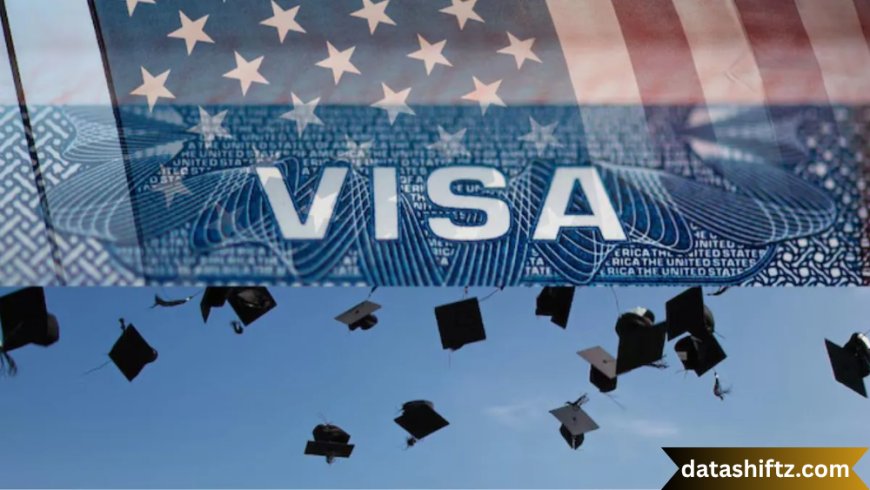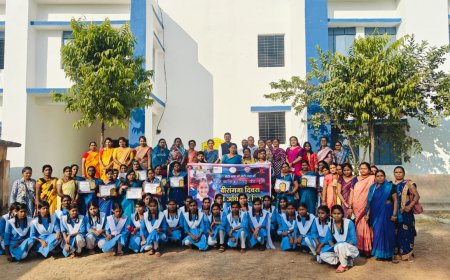US Visa and Social Media: Everything You Need to Know in 2025

Introduction
In the age of digital communication, social media has become a critical part of daily life — including when it comes to immigration and visa applications. Since 2019, the U.S. Department of State has made it mandatory for most visa applicants to disclose their social media handles as part of the application process. In 2025, this policy continues to evolve, raising questions about privacy, scrutiny, and the broader implications of digital footprints on immigration.
This detailed article will walk you through how social media affects the U.S. visa process, what applicants need to know, key updates, and tips to ensure compliance and transparency without risking denial.
The Evolution of Social Media Checks in US Visa Applications
The incorporation of social media vetting into U.S. visa procedures represents a shift toward digital surveillance as a national security tool.
Timeline of Implementation:
| Year | Development |
|---|---|
| 2017 | Enhanced vetting initiative proposed by the Trump administration. |
| 2019 | Mandatory disclosure of social media handles introduced for most visa types. |
| 2021–2023 | Revisions and minor policy adjustments under the Biden administration. |
| 2024–2025 | Expansion of platforms under review and increased automation in screening. |
What Social Media Information Must Be Disclosed?
Platforms Included (as of 2025):
Applicants are required to provide usernames—not passwords—for the following platforms used in the last 5 years:
| Social Media Platform | Notes |
|---|---|
| Posts and comments may be reviewed. | |
| Photos, captions, and tags evaluated. | |
| Twitter/X | Tweets, retweets, and follows considered. |
| YouTube | Channels, subscriptions, and comments reviewed. |
| Employment history and professional affiliations. | |
| TikTok | Recently added due to its wide user base. |
| Forums and comment history may be analyzed. | |
| Other region-specific platforms | E.g., VKontakte (Russia), Weibo (China). |
How Social Media Is Evaluated
The U.S. government uses both human analysts and automated algorithms to evaluate the content and context of applicants' social media profiles.
Factors Considered:
-
Language used in posts: Hate speech, incitement, or extremist language are red flags.
-
Network of contacts: Associations with flagged individuals or organizations.
-
Behavioral inconsistencies: Discrepancies between declared intent (e.g., tourism) and online activity.
-
Falsification or hidden accounts: Any attempt to conceal accounts raises suspicion.
Key US Visa Types Affected
| Visa Type | Social Media Screening Required? | Details |
|---|---|---|
| B-1/B-2 (Tourist) | ✅ Yes | All applicants must disclose history. |
| F-1 (Student) | ✅ Yes | Especially scrutinized for academic intent. |
| H-1B (Work) | ✅ Yes | Employers’ details may be matched with profiles. |
| L-1 (Intra-company transfer) | ✅ Yes | Must show consistent corporate affiliations. |
| K-1 (Fiancé) | ✅ Yes | Relationship authenticity may be cross-checked. |
| DV Lottery | ✅ Yes | Required before issuing green card. |
Do’s and Don’ts for Social Media During the Visa Process
Do’s:
-
Be honest and declare all active social media handles.
-
Remove inappropriate or outdated content if it no longer reflects your intent.
-
Maintain consistency between your social media and visa application.
-
Use professional platforms like LinkedIn to showcase work or education experience.
Don’ts:
-
Do not joke or post about terrorism, drugs, illegal immigration, or violence—even sarcastically.
-
Don’t share or engage with extremist content or politically inflammatory posts.
-
Avoid deleting accounts right before applying—this may seem suspicious.
-
Don’t use fake or alternate profiles for application purposes.
Legal and Ethical Concerns
Critics argue that monitoring social media for visa issuance raises serious questions about privacy, freedom of expression, and due process.
Privacy Issues:
-
Civil rights groups claim this practice infringes on digital freedom and leads to self-censorship.
-
Concerns about data storage, third-party sharing, and use in unrelated investigations persist.
Legal Standing:
-
As of 2025, multiple lawsuits are pending to limit the scope of such vetting, but courts have generally sided with the government citing national security.
Advice for Applicants in 2025
1. Clean Your Digital Presence
Review your posts, comments, groups, and pages you've interacted with. Remove anything that may be politically provocative, controversial, or misleading.
2. Cross-Verify Your Story
Ensure your online profile supports your visa purpose. For instance, if applying for a student visa, having academic interests or affiliations visible is beneficial.
3. Consult Immigration Experts
If unsure, talk to an immigration lawyer—especially if your profile includes sensitive political activism or controversial affiliations.
Common Visa Delays Due to Social Media Red Flags
| Red Flag Type | Potential Visa Delay | Notes |
|---|---|---|
| Offensive comments/posts | 2–6 months (additional review) | Especially terrorism-related content. |
| Undisclosed handles | Visa denial or 5-year ban | Considered misrepresentation. |
| Links to flagged users | 1–3 months | Reviewed for legitimacy and context. |
| Inconsistent declarations | Up to 6 months | Especially between social media vs. DS-160 form. |
How the US Compares Globally
While the U.S. has formalized its digital vetting policy, it's not alone:
-
Canada – Conducts online profile checks during security screening.
-
Australia – Uses AI to cross-reference visa statements with digital behavior.
-
UK – Has recently included social media tracking for Tier 4 (student) visas.
-
China – Screens foreign social media for journalists and activists.
-
EU nations – Practices vary; some include vetting based on digital footprint.
Conclusion
As the world becomes increasingly connected, governments are leveraging social media as part of their security and vetting procedures. For U.S. visa applicants in 2025, this means being more aware and responsible about their digital presence. Your social media is now an extension of your visa narrative — a public window into your personality, intent, and behavior.
By maintaining transparency, cleaning up your online history, and aligning your virtual presence with your application details, you can navigate this process with confidence.
Remember, honesty, consistency, and awareness are key in today’s immigration environment. Whether you’re a student, tourist, or professional, your online persona is just as important as your paperwork.



























